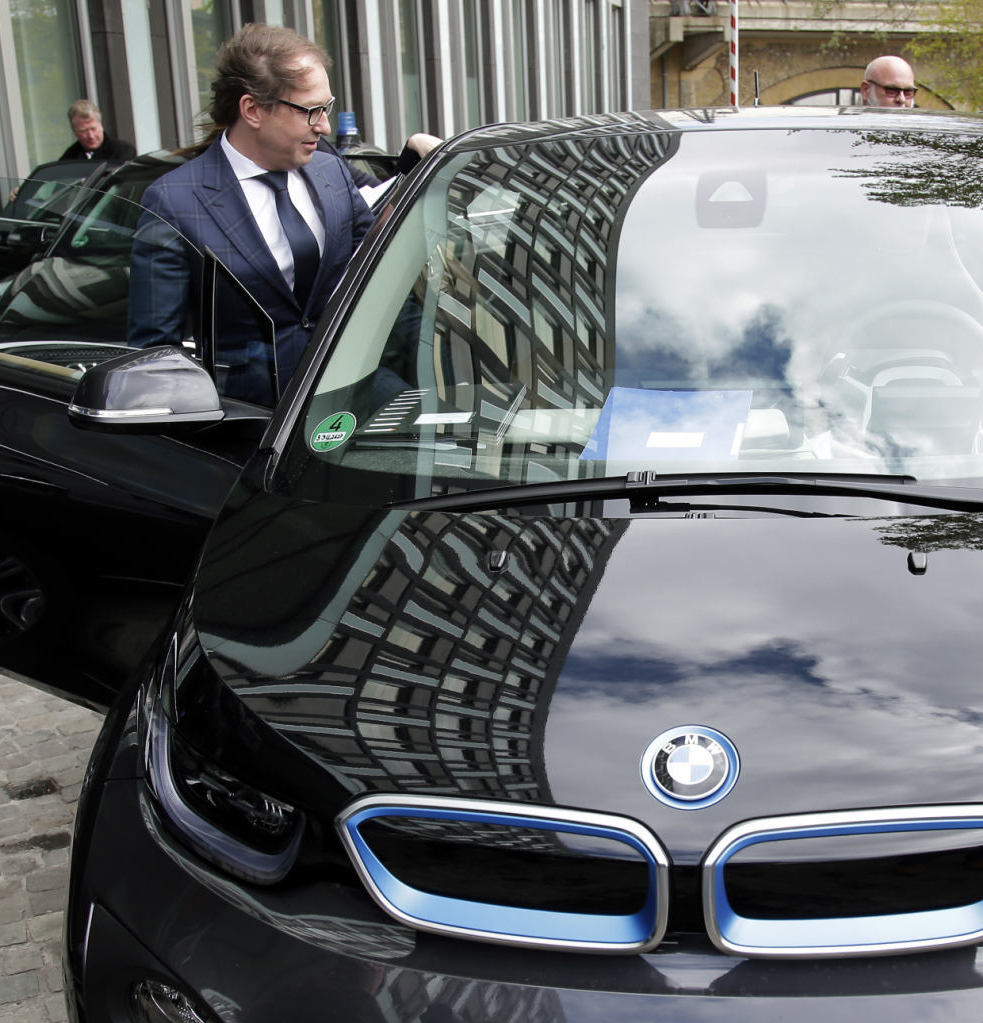Power boost: Germany offers €4,000 incentives to electric car-buyers
Car-buyers are being offered thousands of euros in incentives to go electric in a government initiative to get the German car business back on its feet. They will get 4,000 euros ($4,510) toward the purchase of an all-electric vehicle and a subsidy of up to 3,000 euros for plug-in hybrids. The payouts are being offered on a first-come, first-served basis and are part of a €1bn government plan to get 500,000 electric cars on the road by 2020. They were welcomed by the German car industry, in the doldrums after the VW emissions test scandals.
The goal is to move forward as quickly as possible on electric vehicles. With this, we are giving an impetus
Finance minister Wolfgang Schaeuble
About 50,000 battery-powered vehicles and plug-in hybrids have so far been sold in Germany. The latest incentives have been agreed by government ministers and representatives of Volkswagen, Daimler and BMW. The most expensive electric cars will not be eligible. The government is offering €600 million for the rebates, while €100 million used to buy electric vehicles for the government’s own fleet and €300 million will be invested in electric charging stations.
This is a significant incentive, and it’s a good start. But what needs to happen more importantly, German manufacturers need to make attractive e-cars, and German e-cars just aren’t.
Analyst Arndt Ellinghorst

electric cars